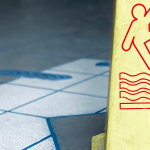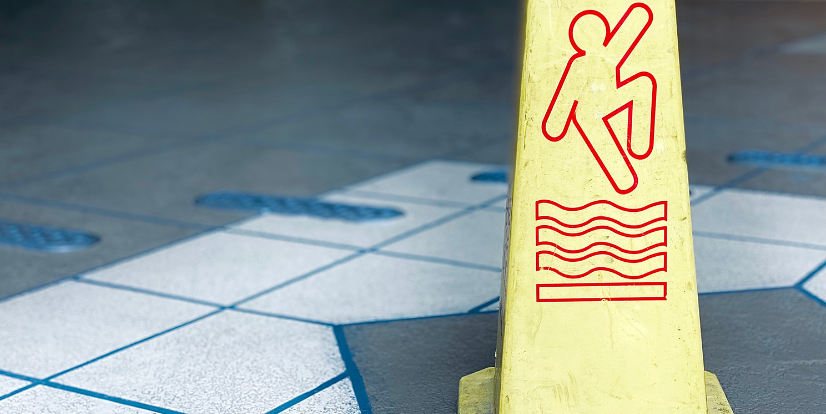Are you experiencing pain after a whiplash injury and wondering, how long does whiplash injury last? Living with discomfort can be distressing, and if left untreated, the pain from a whiplash injury can become chronic, affecting your overall quality of life. In some cases, medical intervention may be necessary to prevent long-term damage.
In this article, we’ll discuss the healing process of a whiplash injury, potential complications, and what you can do to speed up recovery.
How Long Does It Take to Heal Whiplash?
The recovery time for a whiplash injury varies depending on several factors, such as the severity of the injury, your age, and how much rest the affected muscles receive. Here’s a general breakdown of healing times:
- Mild whiplash (Grade 1): Recovery may take just a few days to a couple of weeks.
- Moderate whiplash (Grade 2): Healing can take several weeks or even months, especially if the injury causes muscle spasms and radiating pain.
- Severe whiplash (Grade 3 or 4): In more serious cases, where nerve damage or spine involvement occurs, recovery may take months or even years. Chronic pain and inflammation can become an issue, and physical therapy or even surgery may be required.
Delayed healing can lead to chronic pain and ongoing issues like inflammation around the spine. If symptoms persist, your healthcare provider may suggest therapies such as physical therapy, TENS (Transcutaneous Electrical Nerve Stimulation), or more invasive options like spine surgery.
Can Whiplash Heal on Its Own?
In most cases, whiplash heals on its own over time, particularly for those with milder injuries. The timeline for recovery can range from a few days to several months, depending on how much damage has occurred to the muscles and soft tissues.
However, in severe or chronic cases, additional treatments may be necessary, including:
- Physical therapy to improve strength and flexibility
- TENS therapy to reduce pain through electrical nerve stimulation
- Radiofrequency (RF) nerve ablation to manage chronic pain
- Spine surgery in extreme cases where structural damage needs to be addressed
Does Whiplash Leave Permanent Damage?
Many people assume that whiplash is a minor injury that heals quickly and doesn’t cause lasting harm. However, severe whiplash can lead to permanent damage, especially in more serious cases like Grade 2 or above. In rare instances, whiplash can involve the spinal cord, which could result in long-term disability or even death.
Some short- and long-term disabilities associated with whiplash include:
- Chronic neck pain
- Headaches
- Dizziness or vertigo
- Sensory issues
- Restricted movement of the neck
These symptoms are often collectively referred to as whiplash-associated disorder (WAD). Left untreated, they can significantly affect your quality of life, so it’s important to take symptoms seriously and seek medical care if needed.
How Can I Speed Up My Whiplash Recovery?
To speed up your recovery from a whiplash injury, you can take the following steps:
- Apply cold compresses to the affected area for the first 24-48 hours to reduce inflammation, followed by heat compresses to relieve stiffness.
- Take over-the-counter anti-inflammatory or pain medications like ibuprofen to manage discomfort.
- Use a cervical collar to limit neck movement, allowing the injured area to rest and heal.
If your pain is moderate or severe and doesn’t improve with these at-home remedies, consult a healthcare provider. Persistent pain could be a sign of a more serious injury, such as nerve damage or a more severe strain that requires medical intervention.
Conclusion
Whiplash injuries can range from mild to severe, and recovery times vary depending on the extent of the injury. While some individuals may recover in a matter of weeks with basic home care, others may require more extensive treatments such as physical therapy or surgery. It’s essential to seek medical attention if your pain persists or worsens over time, as untreated whiplash can result in long-term damage and disabilities.
By following your healthcare provider’s recommendations and practicing proper self-care, you can recover from whiplash and return to a life free from pain and limitations. If you or a loved one is experiencing whiplash and need medical help, our team at Know Your Health can connect you with top healthcare providers near you for expert whiplash management.






